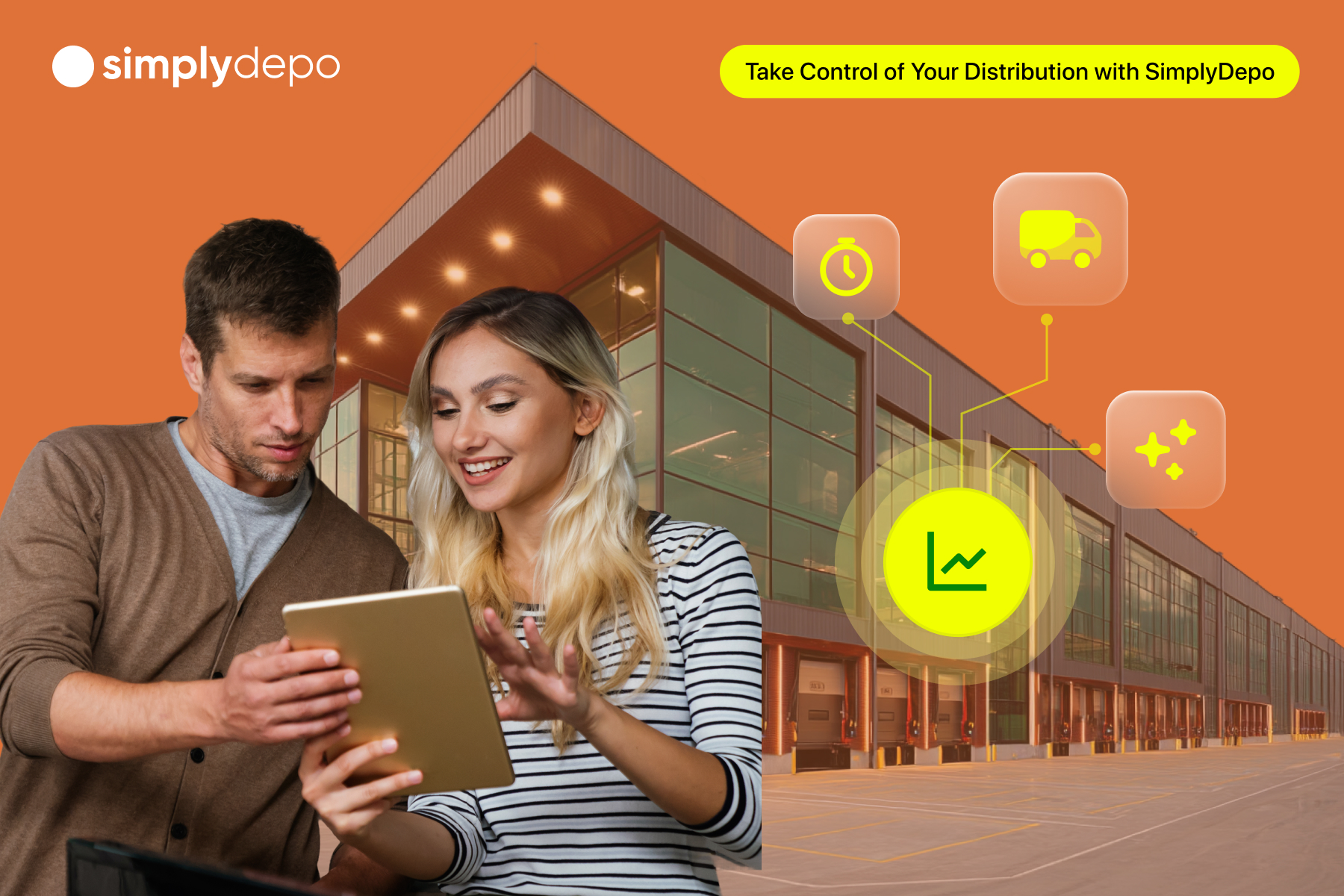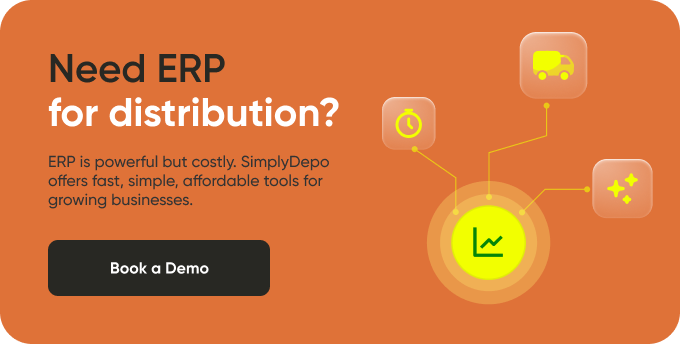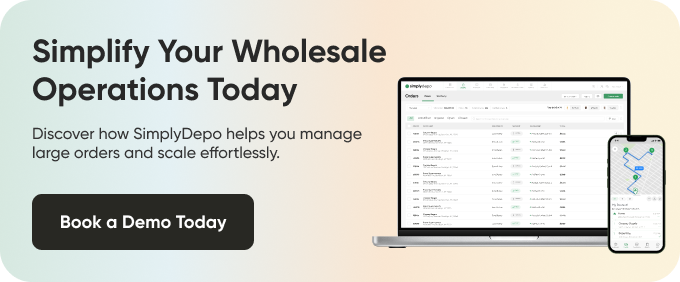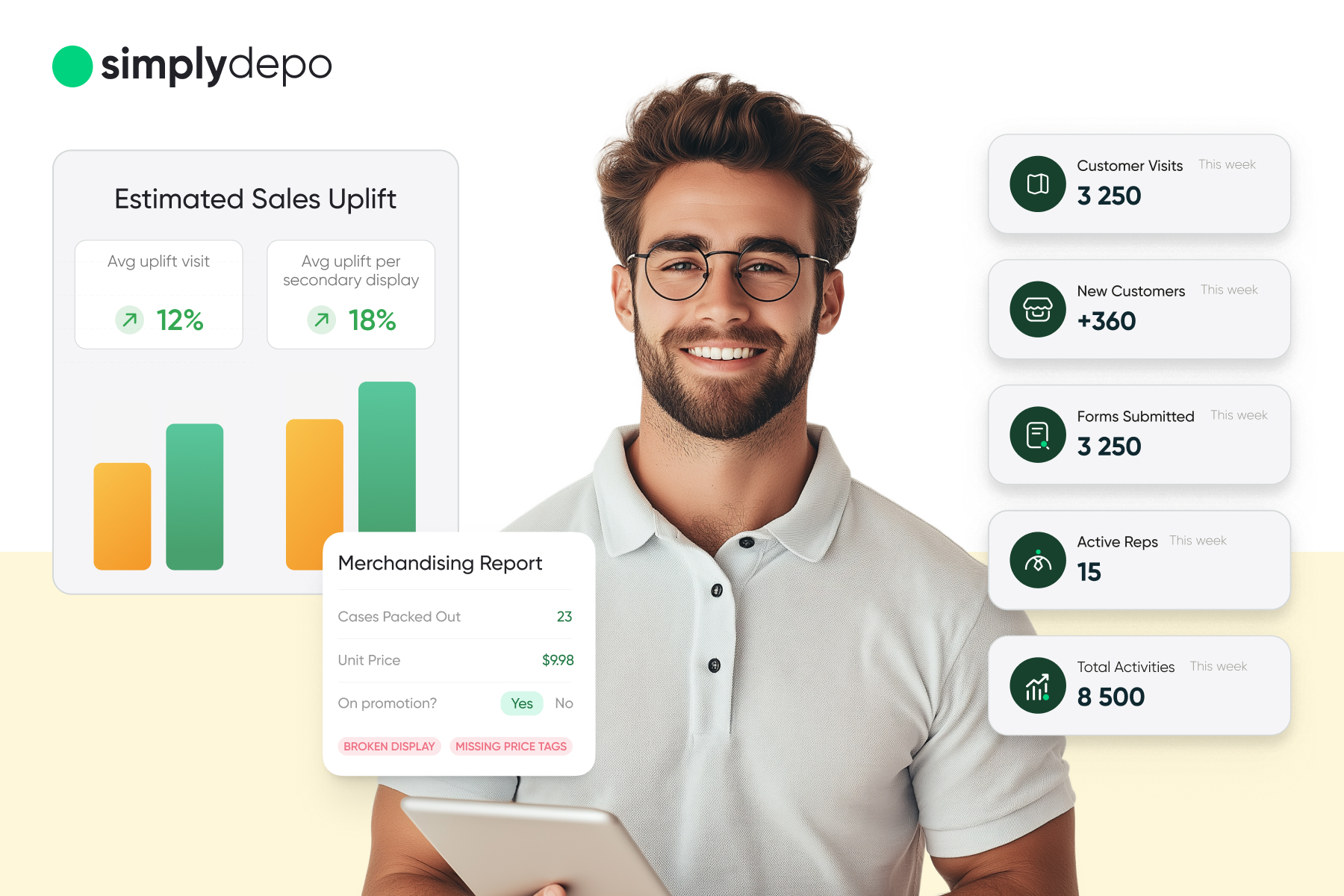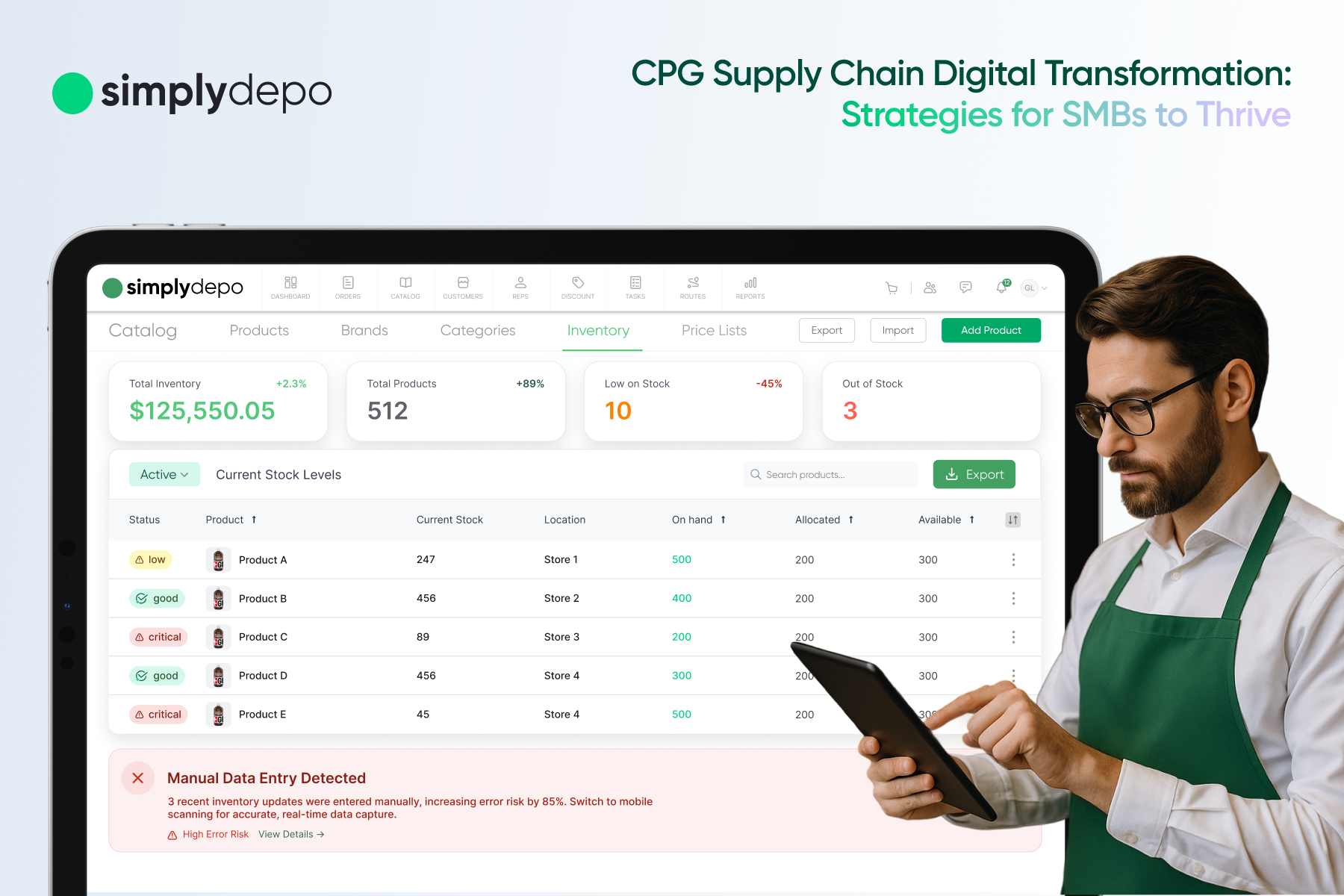In the fast-paced world of wholesale distribution, efficiency and accuracy are everything. Whether you’re handling logistics, order processing, or customer relationships, having the right software can transform how your business operates. This guide explores what Distribution ERP Software is, when you need it, alternatives to consider, and how to choose the right solution for your scale and goals.
What Is Distribution ERP Software?
Enterprise Resource Planning (ERP) software is an integrated solution that helps businesses manage various core functions, including supply chain operations, inventory, accounting, sales, and customer data. Distribution ERP software is a tailored variant specifically built to support the complexity of wholesale and distribution workflows.
By integrating everything from sales and fulfillment to inventory and finances into one system, ERP helps create real-time visibility, reduces human error, and enhances strategic planning. It allows you to operate with one source of truth, streamlining collaboration between teams and improving reporting accuracy. However, it comes with a hefty investment—financially and operationally—and isn’t always a one-size-fits-all answer.
ERP Implementation Costs: What to Expect
ERP systems aren’t one-size-fits-all—and neither is their price tag. Depending on your company’s size, structure, and tech requirements, costs vary significantly:
- Small Businesses: $25,000 – $100,000 for basic ERP with limited customization
- Mid-Sized Distributors: $100,000 – $500,000 for broader automation and third-party integrations
- Large Enterprises: $500,000 – $5M+ for enterprise-grade ERPs with advanced analytics and multi-site support
After implementation, businesses typically face annual costs ranging from 15–25% of the setup price for software updates, maintenance, cloud hosting, and technical support. Time to full deployment may range from several months to over a year depending on complexity.
Other hidden costs include:
- Data migration from legacy systems
- Staff training and change management
- Custom module development
- Downtime or disruptions during implementation
Signs You May Need Distribution ERP Software
Not every business is ready for ERP software—but if you’re seeing the following signs, it might be time:
1. You’re Managing Multiple Warehouses and Complex Supply Chains
ERP centralizes data across all your locations, enabling smarter inventory decisions, synchronized logistics, and improved cross-functional planning.
2. You Handle High Volumes of Orders Daily
Manual order tracking is inefficient and risky at scale. An ERP automates it all—ensuring fewer mistakes, faster processing, and better customer experience.
3. Your Systems Don’t Talk to Each Other
If your accounting, CRM, inventory, and point-of-sale tools are siloed, ERP unifies them into one ecosystem. That means fewer data inconsistencies and time spent on manual entries.
4. Reporting Is a Nightmare
ERP offers real-time dashboards and reporting tools, enabling leadership to track KPIs, run audits, and comply with financial or regulatory standards.
5. You’re Scaling Fast
Growth demands robust systems that can support more orders, customers, and team members. ERP platforms scale with your business, offering user permissions, automation rules, and global accessibility.
6. Too Many Customer Complaints or Returns
Mistakes in order accuracy, shipping, or inventory lead to lost trust and revenue. ERP creates visibility and control at every touchpoint, from warehouse to doorstep.
7. You Need Predictive Insights
Modern ERPs come with built-in analytics and forecasting features. These help anticipate demand, optimize stock levels, and inform smarter purchasing and staffing decisions.
When ERP Might Not Be Right for You
Distribution ERP software is powerful—but not for every company. Here’s when a leaner solution may be smarter:
- You’re a small or early-stage business with limited SKUs and a single location
- You have budget constraints and need fast results with minimal setup
- You already use integrated systems (like QuickBooks, a basic CRM, and Shopify) that meet your needs
- You want agility more than complexity—like mobile ordering, visit logs, and streamlined onboarding
- Your team lacks technical bandwidth to support a long ERP rollout and maintenance
In these cases, a more targeted and modern platform like SimplyDepo may offer a faster path to growth and ROI.
Why SimplyDepo Is a Smart Alternative to ERP
SimplyDepo provides wholesale distributors and growing brands with the essential tools they need—without the ERP bloat. It’s built for speed, simplicity, and success in the field.
What Makes SimplyDepo Stand Out:
- Field-Ready Sales App: Empower reps and merchandisers to place orders, check inventory, and capture feedback on the go
- Centralized B2B Portal: Let customers reorder seamlessly through branded storefronts
- Live Inventory & Order Management: Always know what’s in stock, what’s selling, and what needs attention
- Retail CRM: Manage relationships, visit logs, and order history in one view
- Data-Driven Decisions: Visual dashboards and performance reports to track reps, routes, and customer behavior
- Easy Implementation: Launch quickly with dedicated onboarding and support
“SimplyDepo helps oversee everything. It’s not a game of back and forth; I can see things in real time as they’re happening.”
— Daniel Chechelnitsky, VP of Sales, GNGR Labs
Case Study: HC Foods
HC Foods, a leading distributor of Southeast Asian products across the U.S., struggled with fragmented sales data and manual processes. Since adopting SimplyDepo, they have achieved:
- 15% increase in revenue
- 40+ hours saved weekly across sales reps
- 120% improvement in merchandising efficiency
- 30% increase in buyer retention
Case Study: Brickyard Brands
Brickyard Brands, a modern product company, needed to scale while improving accuracy. With SimplyDepo, they saw:
- 30% reduction in manual order processing
- 2x better gross margin tracking
- 20% boost in overall team productivity
“SimplyDepo adapted with us. They listen to our feedback and develop features based on it.”
— Henry Gilbert, Co-founder of Brickyard Brands
SimplyDepo vs ERP: A Quick Comparison
| Feature | ERP Systems | SimplyDepo |
| Implementation Time | 6–18 months | 1–6 weeks |
| Cost Range | $100k–$5M+ | Fraction of ERP |
| Built for Field Reps | Sometimes (via add-ons) | ✅ Yes |
| CRM & Visit Logs | Often complex | ✅ Simple, built-in |
| B2B Order Portal | Add-on or separate system | ✅ Built-in |
| Mobile Ordering | Varies, not always optimized | ✅ Fast and easy |
| Customer Support | Tiered/Enterprise only | ✅ Dedicated from day one |
🎯 Want to move faster, cut manual work, and grow smarter?
👉 Book a free demo to see how SimplyDepo can simplify your distribution.
Distribution ERP software can unlock major efficiencies—but it’s not always the best first step. If you’re managing field sales, growing your retail presence, or need a more agile approach, platforms like SimplyDepo can offer 90% of what ERP provides—at a fraction of the cost and setup time.
Choosing the right tool is less about features and more about fit. Understand your current needs, budget, and growth trajectory—and make sure your software supports them.
Boost Sales.
Cut Manual Work.
Streamline ordering, routing, and retail execution — while giving every rep the tools to grow accounts faster.
-
+15h
Save weekly
per rep -
93%
Increase
buyer retention -
24%
Increase
in retail sales

Error: Contact form not found.

